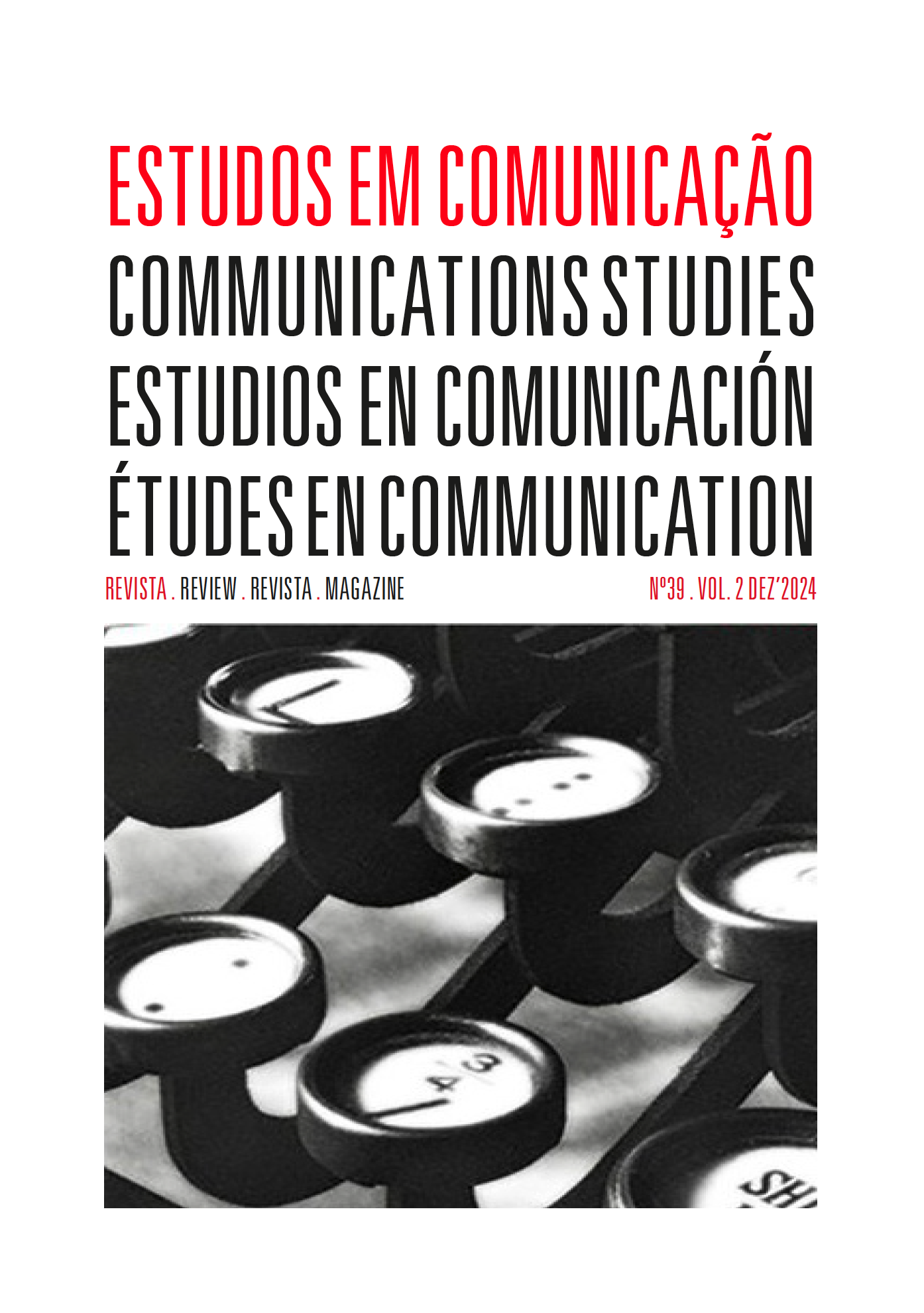Analysis of the slogans of the extreme right parties in the European Union: polarization, provocation, and gregariousness in the fourth wave
Abstract
Coexistence with the extreme right in democratic societies is not a novelty, but the current fourth wave has intensified these extreme, polarized, and populist ideological positions and their presence in democratic institutions is more ostensible than it was years ago (Mudde, 2021). This article is the result of a qualitative research with an inductive approach in which discourse analysis is used as a technique to draw conclusions from the observation and interpretation of the slogans of the extreme right-wing parties of the member countries of the European Union with political representation in their respective national parliaments: 31 slogans of formations present in 24 of the 27 EU countries between 2018 and 2023. Content and pragmatic aspects are addressed to identify patterns contributing to political-affective polarization to discover how European far-right slogans navigate between provocation and simplicity, but without forgetting emotional activation among their voters. Likewise, it is identified that the most recurrent persuasive stimulus is gregariousness, nothing extraordinary since the tendency of human beings to appeal to gregarious behavior -collective behavior- is inherent to their nature to provide a sense of security and belonging to a group. Finally, it was not possible to establish any pattern: any correlation of the aspects analyzed did not yield significant results due to their high heterogeneity.
Downloads
Published
Issue
Section
License

This work is licensed under a Creative Commons Attribution-NonCommercial-NoDerivatives 3.0 Unported License.
Estudos em Comunicação/Communication Studies is an Open Access journal. All its content is freely available without charge to the user or his institution. Users are allowed to read, download, copy, distribute, print, search, or link to the full texts of the articles in this journal without asking prior permission from the publisher or the author. Estudos em Comunicação, by Labcom, is licensed under a Creative Commons Atribuição-NãoComercial-SemDerivações 3.0 Unported License. By submitting your work to Estudos em Comunicação/Communication studies you confirm you are the author and own the copyright, that the content is original and previously unpublished, and that you agree to the licensing terms.


